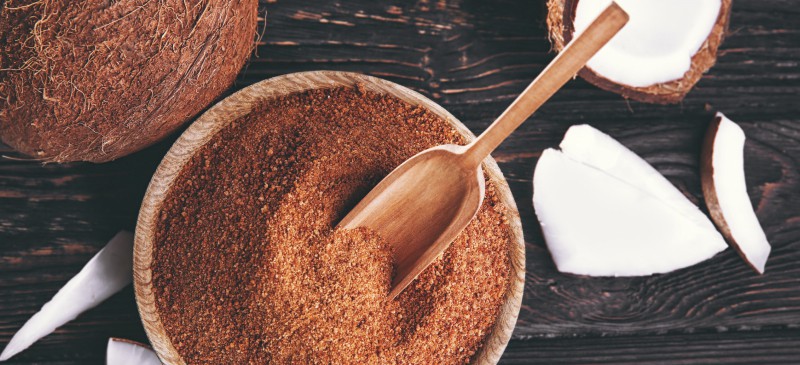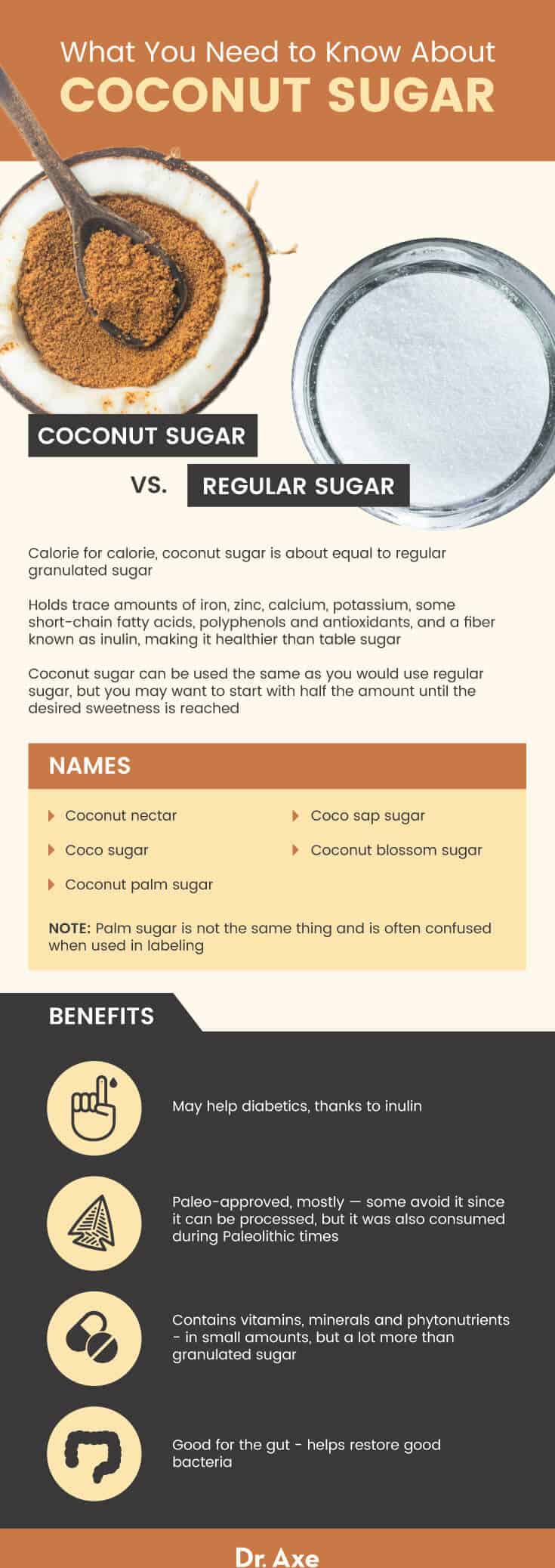This Dr. Axe content is medically reviewed or fact checked to ensure factually accurate information.
With strict editorial sourcing guidelines, we only link to academic research institutions, reputable media sites and, when research is available, medically peer-reviewed studies. Note that the numbers in parentheses (1, 2, etc.) are clickable links to these studies.
The information in our articles is NOT intended to replace a one-on-one relationship with a qualified health care professional and is not intended as medical advice.
This article is based on scientific evidence, written by experts and fact checked by our trained editorial staff. Note that the numbers in parentheses (1, 2, etc.) are clickable links to medically peer-reviewed studies.
Our team includes licensed nutritionists and dietitians, certified health education specialists, as well as certified strength and conditioning specialists, personal trainers and corrective exercise specialists. Our team aims to be not only thorough with its research, but also objective and unbiased.
The information in our articles is NOT intended to replace a one-on-one relationship with a qualified health care professional and is not intended as medical advice.
Is Coconut Sugar Good for You?
December 6, 2019

We can give thanks to the coconut tree for the numerous healthy products it yields: coconut water, desiccated coconut flakes, coconut vinegar and wine and, many people’s personal favorite, coconut oil. Now meet coconut sugar.
The inflorescence of the coconut — or coconut blossoms of the coconut tree (not to be confused with the palm tree) — offers a sweet nectar that can be processed to create a syrup or honey-like substance. This is then dried to form granulated coconut sugar.
Coconut sugar is a natural sweetener and sugar substitute that may be more expensive than regular table sugar, but many feel it’s worth it, considering it yields some benefits that make it a better choice than many other sweeteners. For instance, coconut sugar is better for diabetics and the gut than your normal, everyday sugar, and it holds trace amounts of vitamins and minerals.
What Is Coconut Sugar and How Is It Made?
Coconut sugar is a type of sweetener made from coconut palm sap. The sap (or nectar, as it’s sometimes called) is collected from the flower bud stem of the coconut palm tree.
Coconut palm trees have been used for sugar production for centuries using highly sophisticated techniques of “tapping.” This process has been practiced in Southeast Asia, including locations such as Indonesia, for hundreds of years.
Today, the process of making coconut sugar involves collecting the sap and then boiling and dehydrating it, causing the water to evaporate. This leaves behind small, brown, sweet granules.
Some describe this sweetener as tasting like brown sugar (it doesn’t have a strong coconut taste) and looking like “sugar in the raw.”
What is the difference between coconut sugar and coconut palm sugar? They’re actually the same thing.
This sweetener goes by several names, including:
- coco sugar
- coconut palm sugar
- coco sap sugar
- coconut blossom sugar
Palm sugar, however, is a bit different.
Palm sugar refers to various sweeteners derived from any variety of palm tree. This can include coconut palm trees, but other types too that produce sap with different nutrient compositions.
Coconut Sugar vs. Other Types of Sugar: Healthier or Not?
Is coconut sugar better than cane sugar? The truth is there is still little data available on this topic.
What we know is that there are trace amounts of vitamins and minerals found in coconut sugar, but for it to really have impactful nutrition, you need to eat a whole lot of it.
Eating too much sugar, in any form, is not a good idea — and can lead to sugar addiction — and coconut sugar, calorie for calorie, is the same as regular granulated sugar.
Recent research shows that coconut sugar contains about 70 percent to 80 percent sucrose, which is what’s found in regular table sugar. It also has small amounts of pure glucose and pure fructose.
This means that more than three-fourth’s of the sugar content of coconut sugar is the same as regular table sugar. Therefore using it in place of cane sugar is not a great way to reduce your overall sugar intake, nor to cut calories from your diet.
What about coconut sugar vs. honey — which is better? Pure, raw honey benefits include its pollen, phytonutrients, enzymes and various nutrient content.
It’s still high in sugar and calories but is believed to be one of the healthiest sweeteners available.
Overall, coconut sugar is still considered a better choice if you’re looking for an alternative sweetener or granulated sugar substitute, since it does contain some trace elements. These include some iron, zinc, calcium, potassium, some short-chain fatty acids, polyphenols and other antioxidants, and a fiber known as inulin.
All of these may offer some health benefits that regular table sugar cannot.
Benefits
1. Has Slightly Lower Glycemic Index Score
Is coconut sugar OK for diabetics? Findings from one study suggest that it may help women with type 2 diabetes, improving some glycemic and antioxidant levels while decreasing malondialdehyde levels, a marker of oxidative stress.
Coconut sugar and coconut nectar contain small amounts of a fiber known as inulin. Some research points to inulin helping to somewhat reduce the absorption of glucose, therefore keeping glucose levels in check.
This means that as part of a balanced, low glycemic diet, some coconut sugar may not be a problem.
That said, not everyone is convinced that coconut sugar’s glycemic index (GI) score is something to be excited about. Table sugar has a GI of around 60, and coconut sugar has one around 54, which means there isn’t a big difference.
Some experts also feel that the GI score of sweeteners can be misleading and even irrelevant — therefore rather than harping on these values, it’s best to aim to reduce your overall added-sugar intake.
2. Paleo-Approved (Sort Of)
If you are on the Paleo diet plan, coconut sugar is an option that you can use to satisfy your sweet tooth, according to the Ultimate Paleo Guide. Some hard-core Paleo followers still avoid it, since it’s often processed.
However, it’s thought to have been used in Paleolithic times, which is part of its claim to being OK for Paleo lovers.
Studies lead us to believe that our “ancestors obtained about 35% of their dietary energy from fats, 35% from carbohydrates and 30% from protein.” Coconut sugar would lie in the carbohydrate category, but it’s still a processed form of the coconut flower.
Perhaps the coconut nectar or a liquid form is a little closer to Paleo for those who want to maintain a more strict Paleo lifestyle.
Is coconut sugar keto-friendly? No, it is not due to its high sugar and carb content.
If you’re on a low-carb diet, monk fruit or stevia make good coconut sugar substitutes.
3. Contains Vitamins, Minerals and Phytonutrients
Coconut sugar contains vitamins, minerals and phytonutrients, though in small amounts. Iron and zinc, for example, are found in coconut sugar, containing about two times more than granulated sugar, according to the Food and Nutrition Research Institute (FNRI).
The FNRI also notes that there are a decent amount of phytonutrients, specifically polyphenols, flavonoids and anthocyanidins. These phytonutrients help reduce blood sugar, inflammation and cholesterol, making coconut sugar a better option than many other sweeteners.
The American Cancer Society explains that phytonutrients that come from plants offer many health benefits and are better choices than supplements or pills.
4. Good for the Gut
As noted earlier, coconut sugar contains inulin. Inulin has the ability to stimulate the growth of intestinal bifidobacteria, the same types commonly found in probiotic supplements. This can help provide an overall boost to the immune system and may even offer help treating many conditions that may affect the intestines.
Some examples include diarrhea and ulcerative colitis, although more research is needed on this topic to show its effectiveness.

Risks and Side Effects
Why is coconut sugar bad to eat in large amounts, according to some experts? The bottom line is that it has the same calories as regular sugar, so consuming it in moderation is key.
There seems to be little information regarding other precautions. This sweetener is generally well-tolerated, but remember that having too much sugar of any kind can contribute to weight gain and high blood sugar levels.
A high-sugar diet may also worsen inflammation and increase the risk of problems like metabolic syndrome, cardiovascular disease, and elevated blood pressure, triglycerides and LDL cholesterol levels.
Additionally, the American Diabetes Association points out that many products on the shelf add regular sugar to coconut sugar, so it’s important to keep a watchful eye on labeling. Opt for organic coconut sugar that contains no added sugar, and use it in small amounts.
How to Use It
For the most part, coconut sugar can be used the same as you would use regular sugar. You may want to start with half the amount until the desired sweetness is reached.
According to Bon Appetit magazine, it should easily dissolve in warm water, helping form simple syrups, sweet creams, etc. It also mixes well with butter and eggs in baked goods.
Of course, you can also sprinkle it onto oats, into coffee, over chia pudding, etc.
Try coconut sugar in some of these healthy recipe to get started:
Final Thoughts
- What is coconut sugar? It’s coconut nectar (or sap) that has been tapped from coconut flower blossoms, boiled, dehydrated and made into granules.
- Is coconut sugar healthy compared to regular sugar? Because it contains a bit more nutrients than regular sugar, it makes a good alternative. However, it still contains sugar and and an equal number of calories. It’s composed of mostly the type of sugar called sucrose, along with small amounts of fructose and glucose.
- While coconut sugar has some benefits that you will not find in regular table sugar, it may require eating large amounts to have any real positive effect. Opting for small amounts of sugar in your diet is important, no matter the type.
- Is coconut sugar allowed on the keto diet? No, considering it’s high in sugar and carbs. People following a low glycemic index diet or low-carb diet should opt for coconut sugar alternatives instead, like the zero-calorie sweeteners stevia or monk fruit.













